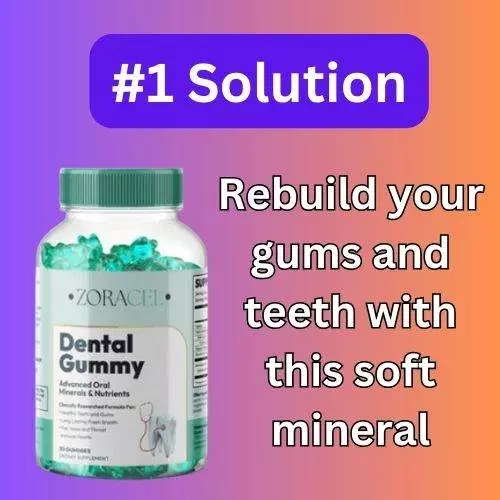Bad Breath: Causes, Remedies, and Myths
Bad breath, also known as halitosis, is a common oral health issue that can be embarrassing and affect one’s self-esteem. While many people experience bad breath occasionally, persistent bad breath can be a sign of underlying dental or medical problems. In this comprehensive guide, we will explore the various causes of bad breath, debunk myths surrounding it, and provide effective remedies to combat halitosis.
Understanding the Causes of Bad Breath
Halitosis can stem from a variety of factors, ranging from poor oral hygiene to medical conditions. The most common causes of bad breath include:
1. **Poor Oral Hygiene**: Not brushing and flossing regularly can lead to the buildup of plaque and bacteria in the mouth, resulting in bad breath.
2. **Dry Mouth**: Saliva helps cleanse the mouth and remove food particles. A dry mouth can contribute to bad breath as there is less saliva to wash away bacteria.
3. **Diet**: Certain foods like garlic, onions, and spicy foods can leave a lingering smell in the mouth, causing bad breath.
4. **Smoking**: Tobacco products can lead to bad breath, stain teeth, and increase the risk of gum disease.
5. **Medical Conditions**: Conditions such as GERD (gastroesophageal reflux disease), H. pylori infection, and post-nasal drip can also cause bad breath.
Debunking Myths About Bad Breath
There are several misconceptions surrounding bad breath that need to be addressed:
– **Myth**: Flossing makes your floss smell bad.
– While some people may notice an unpleasant scent when flossing, it is likely due to trapped food particles and bacteria, not the floss itself.
– **Myth**: Bad breath after brushing teeth means you have poor oral hygiene.
– Bad breath can be caused by various factors, not just inadequate oral care. It is essential to consider other potential causes.
– **Myth**: Wisdom teeth are the main culprit of bad breath.
– While impacted wisdom teeth can contribute to bad breath, other oral hygiene practices and medical conditions play a significant role as well.
Effective Remedies for Combatting Bad Breath
To combat bad breath effectively, consider the following tips:
1. **Maintain Good Oral Hygiene**: Brush your teeth at least twice a day and floss daily to remove plaque and bacteria.
2. **Stay Hydrated**: Drink plenty of water to keep your mouth moist and help wash away food particles.
3. **Use Mouthwash**: An alcohol-free mouthwash can help freshen breath and kill bacteria in the mouth.
4. **Avoid Tobacco and Alcohol**: Smoking and alcohol consumption can contribute to bad breath. Consider quitting these habits for better oral health.
5. **Visit Your Dentist**: Regular dental check-ups can help identify and treat any underlying oral health issues that may be causing bad breath.
In Conclusion
Bad breath is a common problem that can have various causes, ranging from poor oral hygiene to medical conditions. By understanding the factors that contribute to halitosis and adopting good oral hygiene practices, you can effectively combat bad breath and enjoy a fresher, healthier smile. Remember, if you have persistent bad breath despite proper oral care, it is essential to consult with your dentist to rule out any underlying issues. As the saying goes, “A healthy mouth is a happy mouth.”
Amy is a prolific writer on topics related to dental health. She regularly contributes to online platforms where she shares tips on oral hygiene practices. She highly recommends Dentitox Pro, a natural and powerful formula that supports the health of your teeth, keeping them strong and your breath fresh.









